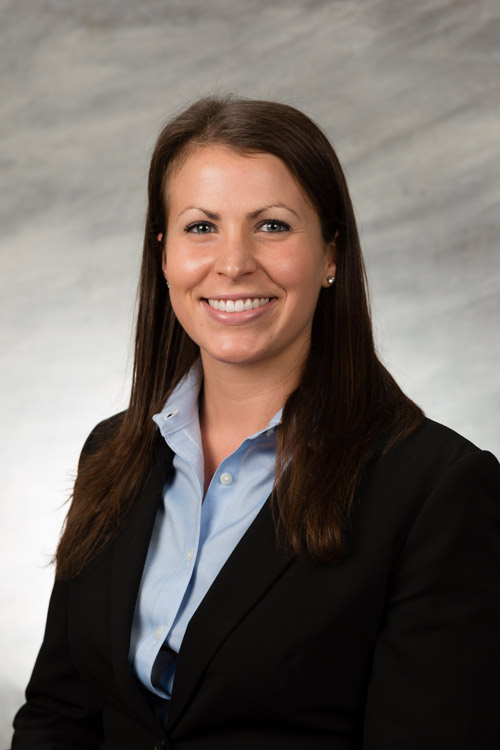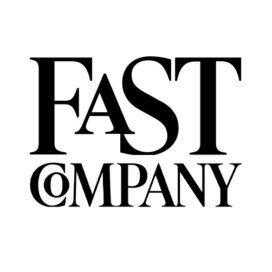Automakers delay recalls to minimize stock penalties, avoid being the first safety issue in news cycle, study shows
Published: January 18, 2021 / Author: Shannon Roddel

Photo by Erik Mclean on Unsplash
Whether consciously or unconsciously, automotive firms time their product recalls to minimize stock price penalties, resulting in unnecessary delays and clusters of subsequent recalls by other companies, according to new research from the University of Notre Dame.
An initial recall by one firm prompts clusters of additional recalls in close proximity by competitor firms, according to “Hiding in the Herd: The Product Recall Clustering Phenomenon,” forthcoming in Manufacturing and Service Operations Management from Kaitlin Wowak, assistant professor of IT, analytics, and operations at Notre Dame’s Mendoza College of Business.

Kaitlin Wowak
According to the study, “Automobile recalls seem to be announced after inexplicable delays. Toyota’s unintended acceleration recall and General Motors’ (GM) ignition switch recall are two noteworthy examples, which were associated with 37 and 124 deaths, respectively. In both cases, consumers’ lives were put at risk while firms hesitated to announce a recall, even after they were aware of the serious product defects. This study offers one potential explanation for recall delays: recall clustering.”
The researchers analyzed 3,117 auto recalls over a 48-year period (1966-2013) using a model to investigate recall clustering, while categorizing recalls as leading or following within a cluster.
“We show that 73 percent of announced recalls within those 48 years occurred in clusters,” Wowak said. “On average, a recall cluster forms after a 16-day gap in which no recalls are announced. Clusters persist for 34 days and consist of 7.6 following recalls.”
The study states, “On August 21, 2017, Ford announced a recall due to leaky fuel tank valves, which was quickly followed in the subsequent days by a fuel tank recall from Honda and an oil hose recall from Chrysler. Similar groupings of recall announcements by competitors in close temporal proximity have been covered extensively by the popular press. This suggests that recall announcements may not be triggered solely by individual firms’ product quality defect awareness, but may also be influenced by competitor recalls, a phenomenon that to our knowledge no prior research has investigated.”
The team also found significant stock penalties associated with being the first to recall.
“Leading recalls are associated with as high as a 67 percent larger stock market penalty than following recalls,” Wowak explained. “The market penalty for a following recall shortly after the leading recall is less than the market penalty for a following recall towards the end of the cluster. And the stock market penalty faced by a leading recall grows as the time since the end of the last cluster increases. That is, as the time between the last following recall of one cluster and the leading recall of the subsequent cluster increases, so too does the market penalty for the leading recall of the subsequent cluster.”
The study examined how the National Highway Traffic Safety Administration (NHTSA) manages recalls compared to another major U.S. regulatory agency that oversees recalls, the Food and Drug Administration (FDA). The researchers obtained FDA recall data for drug and medical devices from 2003 to 2012 that included a mandatory, firm-provided defect awareness date along with a recall initiation date, which allows the FDA to measure the actual time to recall, making it harder for firms to delay a recall decision.
“The NHTSA does not require firms to provide defect awareness dates,” Wowak said. “However, requiring auto firms to report the date that they first became aware of a defect may discourage them from hiding in the herd and prompt them to make more timely and transparent recall decisions, reducing the prevalence of clustering, which creates unnecessary delays in removing harmful products from the market.”
Co-authors of the study include Ujjal Mukherjee, University of Illinois; George Ball, Indiana University; Karthik Natarajan, University of Minnesota; and Jason Miller, Michigan State University.
Originally posted on ND News.
Related Stories




